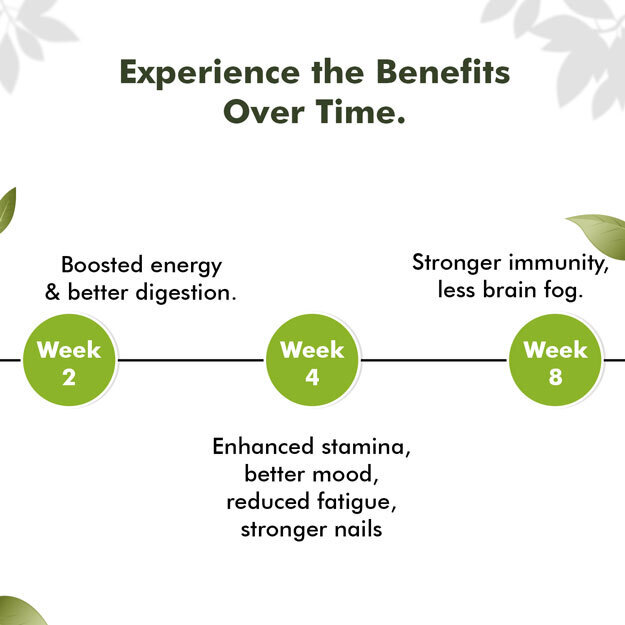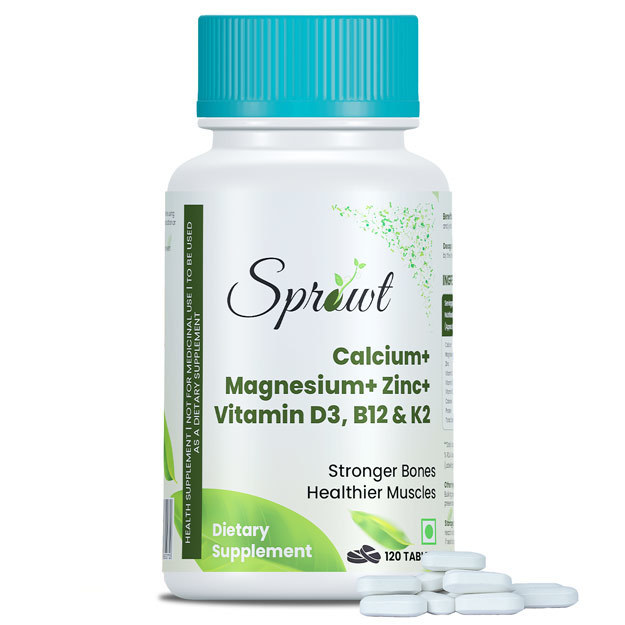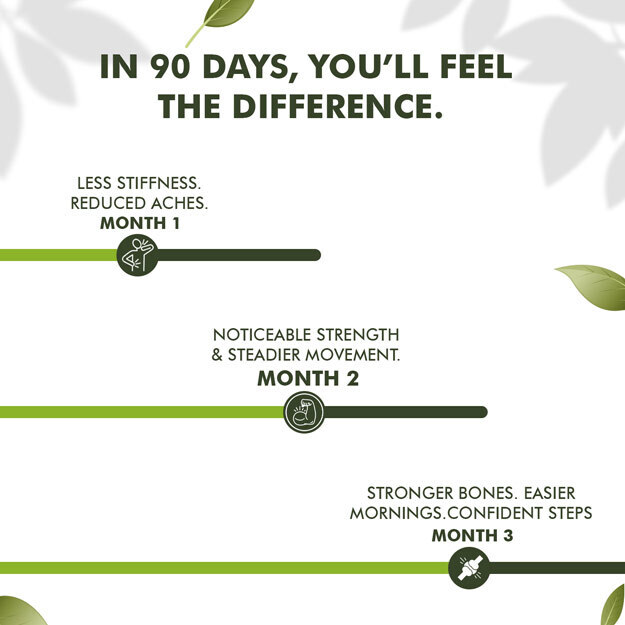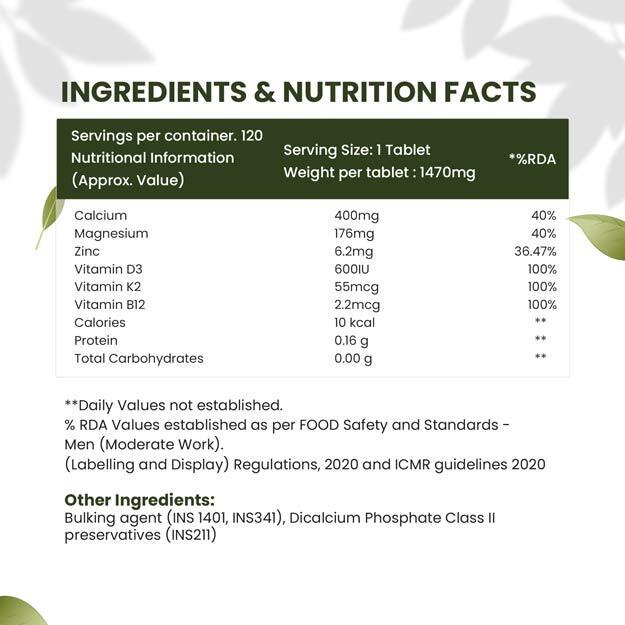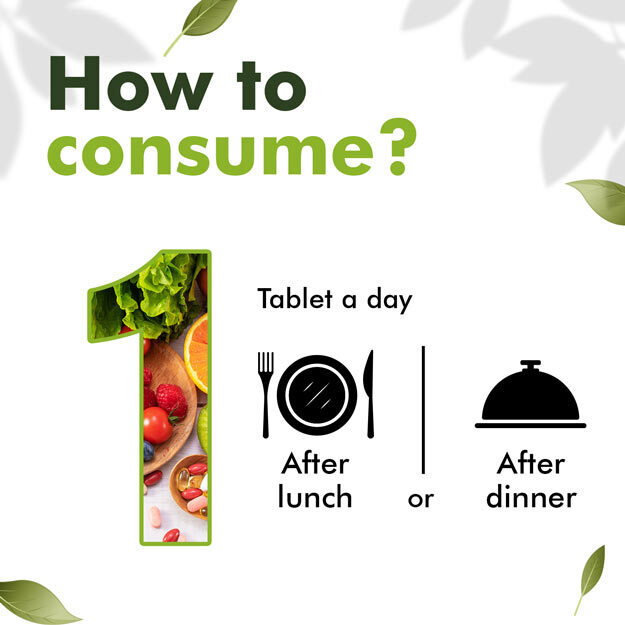For any surgery to be successful, certain precautions have to be taken before it and some tests or medicines are required. The results of these can help the doctor make the right decisions about the procedure of surgery and the complications (if any) to be taken care of after or during it. The following are some tests and things that are common in almost every surgery, however do not take or stop any medicine without your doctor's advice, and do exactly as your doctor tells you:
Read More - (Dilation & Curettage: Procedure)
- List Of Tests Before Surgery
- Anesthesia Testing Before Surgery
- How To Plan A Surgery?
- Medication Before Surgery
- Fasting Before Surgery
- Preparation For The Day Of Surgery
- General Advice Before Surgery
- Summary
List Of Tests Before Surgery
Several tests have to be done before surgery. The day of surgery is decided based on the results of those tests. These are also important because anesthesia will be used during the surgery and it is important that the surgery is done without any interruption or risk.Following are some of the common tests that are done before surgery:
- X-Ray (X-Ray; this imaging method is used to check if there is any organ damage, however this test can only see hard tissues like bones, not tendons and ligaments).
- ECG (Electrocardiogram; checks the health and function of the heart).
- MRI (Magnetic Resonance Imaging; this scan provides a clear image of soft tissues using a magnetic base. It produces less radiation than many other imaging studies).
- Blood tests including complete blood count (Complete Blood Count; to know the status of hemoglobin, RBC and WBC), blood sugar, white/red blood cell count, etc.
- Test of the functioning of liver/kidney/heart or any other organ (related to surgery).
- Physical Examination (Physical Examination; tests the physical fitness of the patients).
- Urinalysis (checked for the presence of blood, sugar, protein, pus cells; the color, consistency and other factors of the urine can reveal any pre-existing pathology).
Some specific tests may also be required for each surgery.
Read More - (Inguinal Hernia Surgery)
Anesthesia Testing Before Surgery
The best anesthetic agent for your body is found. It is used during surgery. During anesthesia, the digestive system stops functioning temporarily. If the patient has eaten something just before surgery, there is a possibility that the stomach contents may move in the opposite direction and enter the lungs through the esophagus (food pipe). This may cause respiratory problems. The type of anesthesia is chosen according to each surgery.
Read More - (Appendectomy: Procedure)
How To Plan A Surgery?
The surgeon and the patient need to discuss the pre-operative preparations, the actual surgery, its pros and cons, post-surgery care and other related factors. The doctor may ask you to stop a variety of medications such as blood thinners or drugs that affect immunity. The doctor should be aware of every medication you are using. Your doctor should know about every medical problem you have had in the past. This may include any respiratory problems, heart disorders, liver problems or any genetic disease. Inform your doctor if you have diabetes, heart disease or are pregnant. This will give your doctor a chance to prepare for complications (if any) that may occur later.
Read More - (Bariatric surgery)
Medication Before Surgery
Before surgery, patients are usually prescribed certain medications. Acidity can be a problem during surgery, so antacids are given to avoid acidity. Prophylactic painkillers and antibiotics can be given to the patient to avoid pain and infection after surgery. For the proper completion of the surgery and for recovery, it is important that you take every medicine prescribed by your doctor in the prescribed dose.
Read More - (Ovarian Cyst Removal Surgery)
Fasting Before Surgery
The doctor may forbid you to eat anything after midnight. Follow every advice of the doctor. If you are unable to do so, the procedure may be canceled.
Preparation For The Day Of Surgery
Before surgery, the patient will be asked to sign a consent form. Signing the consent form is necessary, as it gives your written approval for surgery. Blood pressure, pulse rate, body temperature and breathing are monitored. The patient is transferred to the operating room. The patient is made to wear an infection-free surgical gown. An infection-free cloth is used to cover the patient during surgery. You are then given anesthesia through injection or some other means. Once the anesthesia starts working properly, the surgery can be started.
Read More - (Urethropexy)
General Advice Before Surgery
Stop smoking or drinking alcohol before surgery as it may take time for recovery. Keep a family member or close one with you. Do not take any kind of mental or physical stress. If you have any doubts or problems, then definitely talk to your doctor. Leave your jewelry and other valuables at home because wearing any metal thing is prohibited during surgery.
Read More - (Oral Cancer Surgery)
Summary
In the preparation before the operation, the patient is prepared physically and mentally for the surgery. In this, the doctor first checks the medical history of the patient and gets necessary tests done like blood test, ECG, and X-ray so that the condition of the body can be assessed for surgery. The patient is informed about what to eat and drink on the day of surgery and is often instructed to avoid eating and drinking for 8-12 hours before the operation. The patient is explained about the anesthesia process and the possible risks of the operation. Along with this, doctors and nurses give information about the procedures to be done during and after the operation to give the patient peace of mind.










